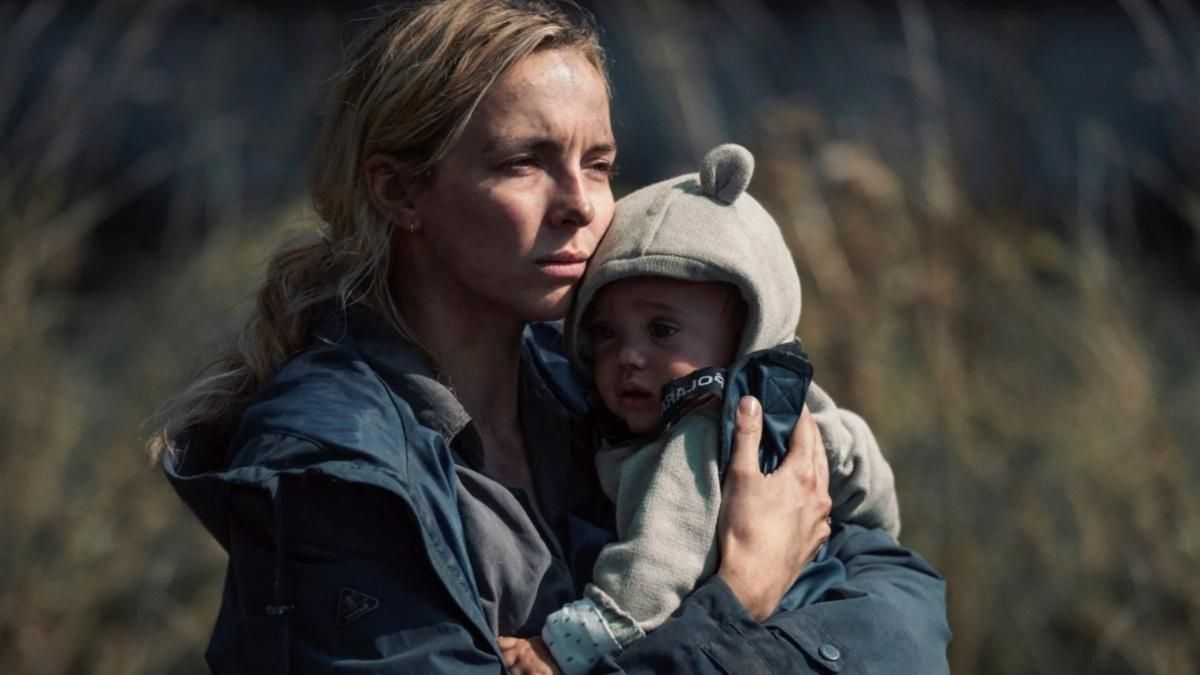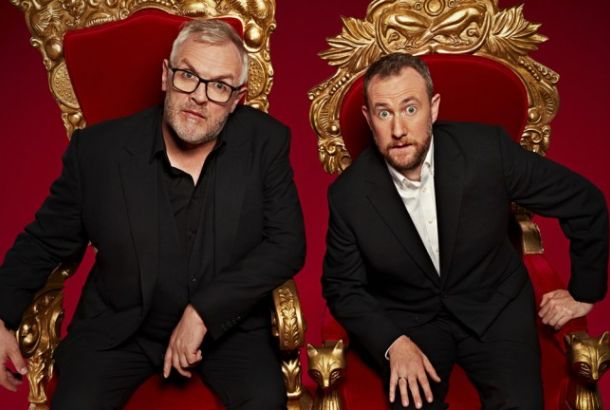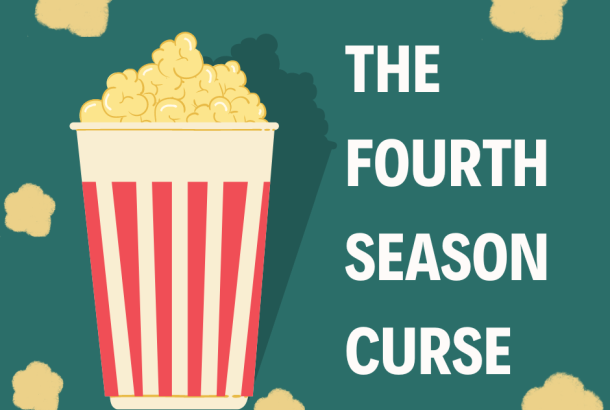The End We Start From review: Quietly moving, powerfully provocative

In The End We Start From, as Jodie Comer’s character’s waters break, and so do the flood banks around Britain.
The ecological disaster forces Comer’s character – simply named ‘Mother’ – to seek refuge and comfort as the country begins to crumble. Although the scale of the crisis is nationwide, Mahalia Belo’s adaptation of Megan Hunter’s novel tracks the emotional and physical journeys of Mother and her close-knit group of compatriots.
The crisis shunts Mother from the cosmopolitanism of London, where she has just given birth, to the barren, eerie Scottish highlands where there is no sign of civilisation – let alone a hospital – in sight.
The film’s tension rests on the likelihood of survival for Mother and her newborn baby – named Zeb, and portrayed by 15 different babies – as the pair fight to access the ever-depleting supply of resources.
Amidst the constant soundscape of water, the crisis is never specified and only obliquely referred to as “all of this.” This effectively undermines the crisis, and cleverly repositions the narrative focus to be on the challenges of motherhood instead. The stark colour palette of the outside world – green, blue, and brown – contrasts the warmer colours Belo delicately infuses in her portrayal of the intimate moments between the family unit. Combined, this has the effect of isolating the family unit, who are experiencing a period of ‘newborn bliss,’ from the outside world.
Yet this illusion of normality is soon shattered, as Mother and her partner R (Joel Fry) face chilling situations and decisions.
Belo’s vision marks a welcomed break from other disaster and crisis-driven films. Intense imagery, back-stabbing narratives, and seat-gripping moments are swapped for a more grounded and stripped-back hypothesis of how humans would react in an apocalyptic situation. What’s more, it felt grimly tangible.
Much of the actual ‘action’ takes place not on the screen but in the audience’s psyche, as they bear witness to the conundrums and challenges that Mother confronts. At the countless crossroads, Mother faces, it feels like the audience would be equally split on which route to choose. Given the characters Comer has portrayed in her career, it is unsurprising that Mother also has a seemingly relentless supply of stoicism and resilience. Nevertheless, her strength is admirable. The film celebrates not only motherhood but womanhood, as Mother’s survival rests on the bond she forms with other women.
She makes a friend in O, another first-time mother played by Katherine Waterston. Their close bond transports them from a refuge in an unspecified location to a beaten road in the Scottish highlands (walking boots and torches advised) as they search for even a whisper of shelter and safety.
To me, the film’s thoughtfulness and provocations lie in the fact that the creative team is predominantly made up of women. There is a sense that the production team – including Comer and Benedict Cumberbatch, whose company obtained the rights to Hunter’s book – has actually researched and listened to women’s experiences of motherhood, to give an accurate portrayal. The credits were empowering to read and worked in tandem with the film’s focus and message.
Silence and vulnerability are at the heart of The End We Start From. There were several times throughout the film where I expected something bigger to happen – something more dramatic, something calamitous – yet it didn’t. I felt like the narrative just wasn’t reaching a climax, and I wanted it to. Yet it was only afterwards, as I scrambled on the Magic Bus for what felt like the thousandth time that week, that the film really hit me.
It took a while for me to fully appreciate Belo’s use of silence, but when I did, it sunk in that this type of climate crisis – places flooding and people fleeing – is exactly the kind my generation could witness. The climate crisis won’t necessarily happen in the form of apocalyptic fireballs and explosions, as fearmongers often like to portray; it could be something as (comparatively) simple as houses flooding, just like Mother’s at the start of the film.
Building on the background of an ecological crisis, Belo crafts a deft and raw exploration of the challenges of both womanhood and motherhood. This subverted my own expectations of watching ‘another’ action film, as the team behind and in front of the camera – predominantly women – shaped the narrative to be a testament to the strength of women.
4/5







